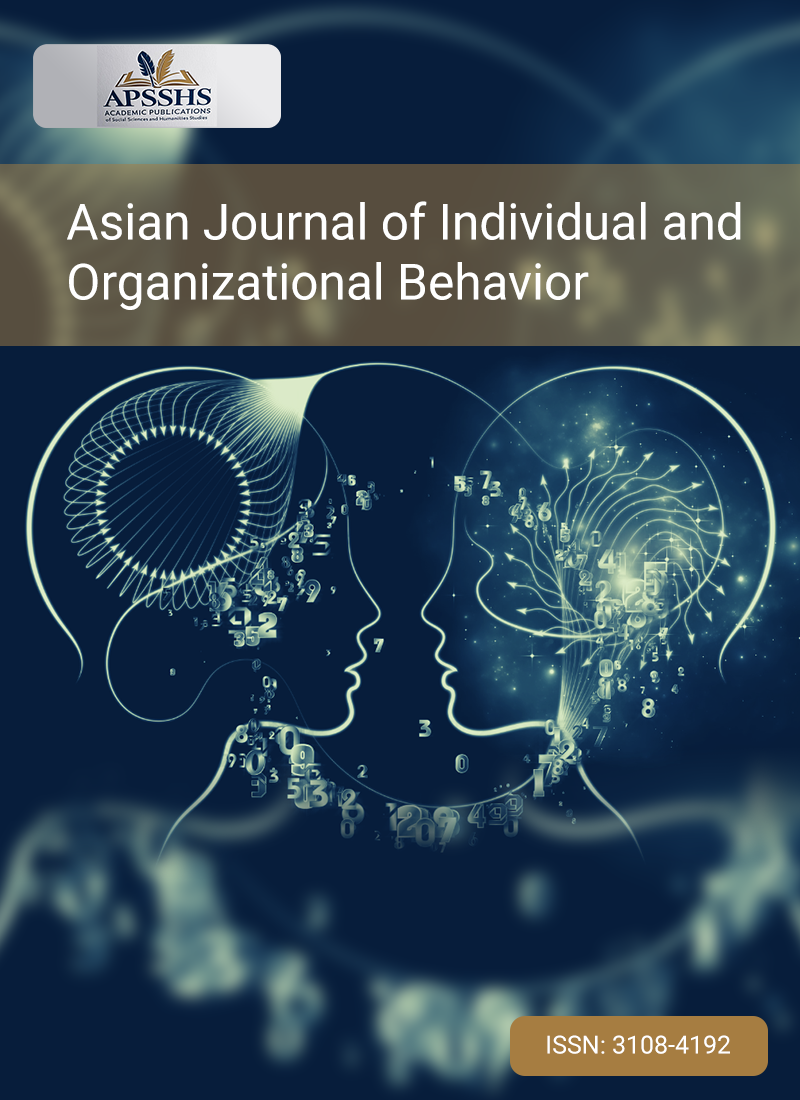
This study is important due to the increasing importance of understanding the psychological factors and mechanisms behind personal self-development. The research aimed to investigate the factors influencing students’ choices of self-improvement strategies—such as acquisition, rejection, transformation, and limitation—based on their levels of agency. The sample included 271 students, aged 17 to 27 years, mostly female, from various universities in Russia and Kazakhstan, with a mean age of 19.5 (SD = 1.5). An original diagnostic tool, the “square of self-improvement,” was developed, alongside the M.A. Schukina’s “ level of personal autonomy development” questionnaire, to measure the variables. Data analysis was performed using the φ* criterion (Fisher’s angular transformation). The results showed that students with high agency levels were more likely to adopt acquisition, disposal, and transformation strategies, while those with lower agency levels showed a lower preference for “transformation” and a stronger inclination towards “acquisition.” This process was influenced by intrinsic value, which serves as an indicator of agency. Furthermore, qualitative differences were found in how the “acquisition” strategy was manifested in students with high versus low levels of agency. The study concludes that the selection of self-improvement strategies is strongly influenced by a student’s level of agency—defined as their ability to control and direct their life and personal growth. These findings can be applied in professional education for planning individualized self-development paths and in psychological consulting services at universities.